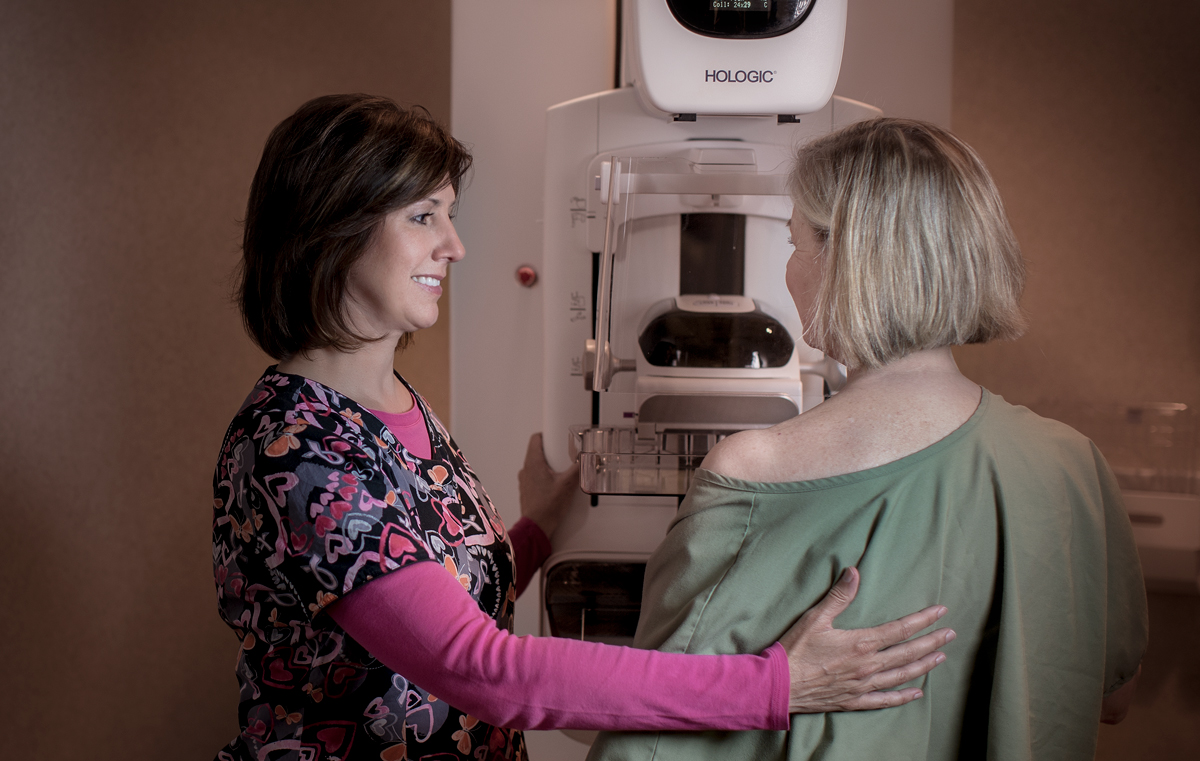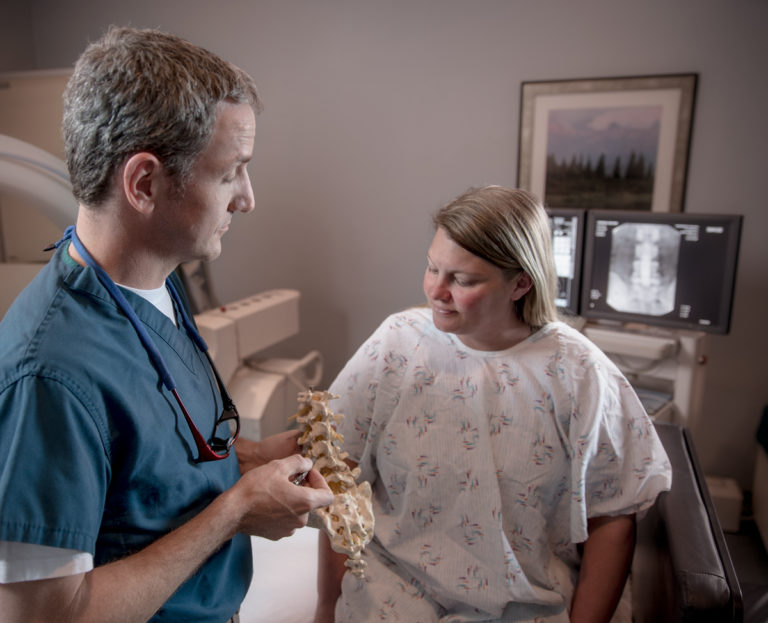The Top Four Health Screenings to Consider in 2019
How long has it been since you saw your family doctor? When was your last mammogram? Too often, basic preventive health measures are delayed for “more important” things. But according to the CDC, if everyone in the U.S. received the recommended clinical preventive care, more than 100,000 lives could be saved each year. Consider the following regular screenings to help your physicians detect health issues in their earliest stages:

Mammograms
Digital screening mammography can detect breast abnormalities up to two years before a patient or physician can feel them. Advanced 3D mammography gives our doctors the best chance of diagnosing breast cancer early so patients can begin treatment when it is most likely to be successful. Our experts recommend that women at average risk receive annual mammograms starting at age 40.
Virtual Colonoscopy
A virtual colonoscopy is a non-invasive, outpatient procedure that takes a CT scan of the abdomen to detect colon polyps and colorectal cancer. Unlike a traditional colonoscopy, there is no sedation or recovery needed, so you can get back to regular activities immediately following the procedure. The American Cancer Society recommends people at an average risk of colorectal cancer have screenings from age 45 to 75.
Lung Cancer Screening
Lung cancer can be difficult to cure and typically tends to be widespread by the time it is detected. A lung cancer CT screening helps our doctors detect cancers that aren’t visible with traditional testing and eliminates the need for exploratory surgery. Adults 55 to 80 years old who have a longtime history of smoking should consider an annual screening.
Bone Density Screening

A bone density test examines the thickness and strength of bones to determine the risk of future fractures. Dual-Energy X-ray Absorptiometry (DXA) is the most accurate technique for diagnosing osteoporosis and measuring bone loss over time. Women age 65 and older should receive regular osteoporosis screenings.
Patients with a family history of disease or other risk factors may benefit from beginning preventive screenings at an earlier age. Check with your insurance company. Under many plans, you can get preventive health care for free, with no copays or deductibles. To learn more, call the experts at DRI at 336.433.5000.
